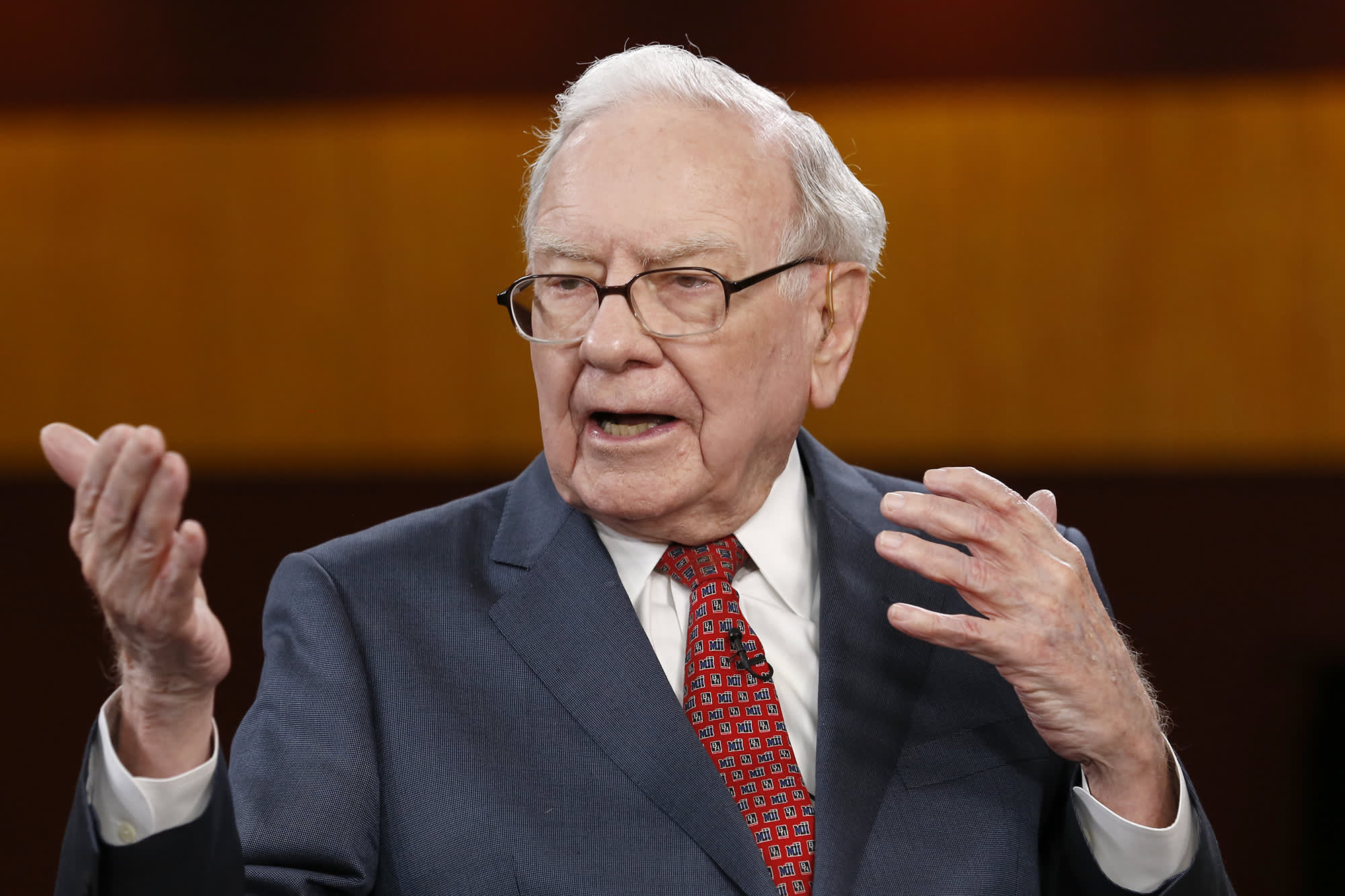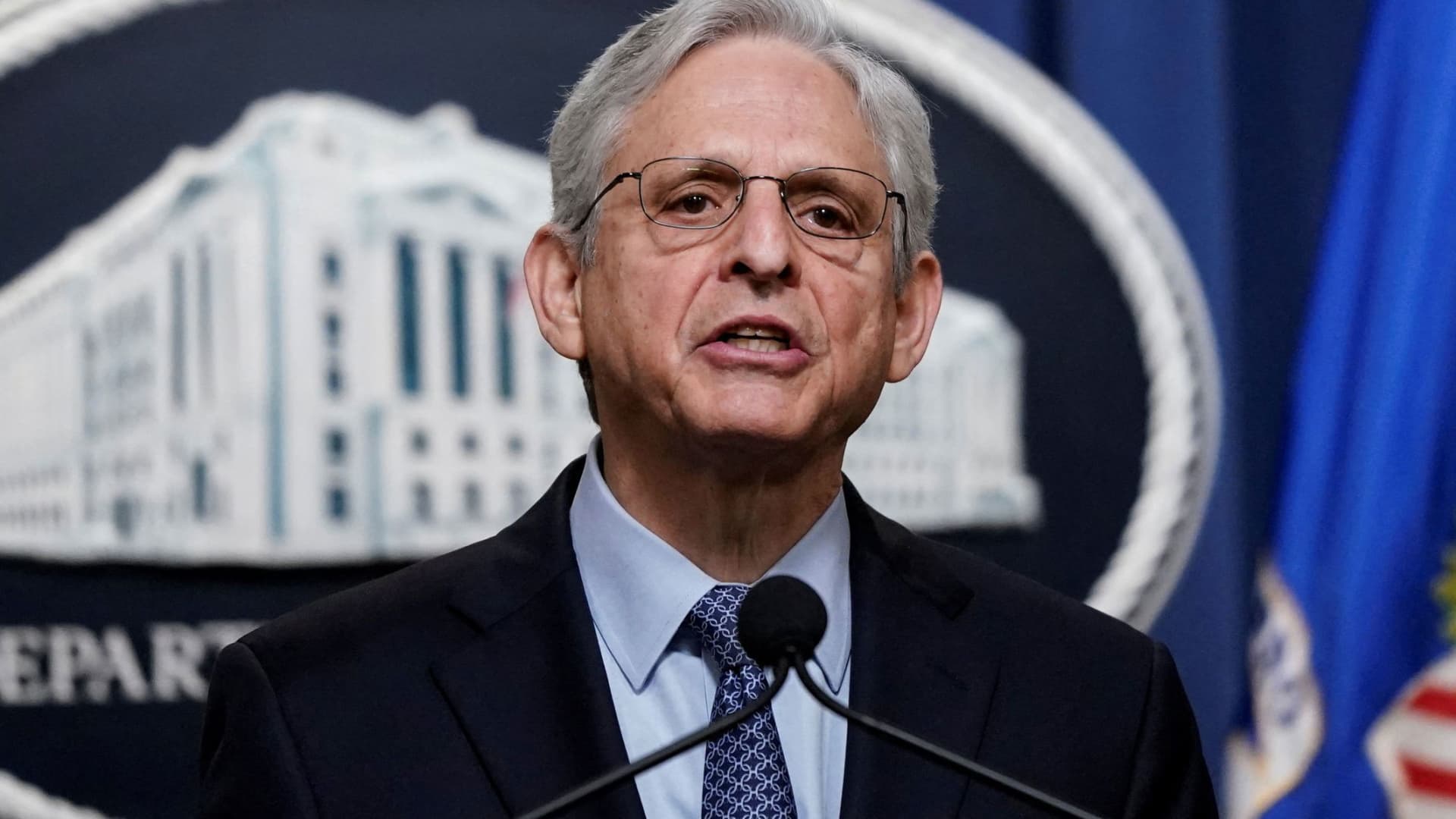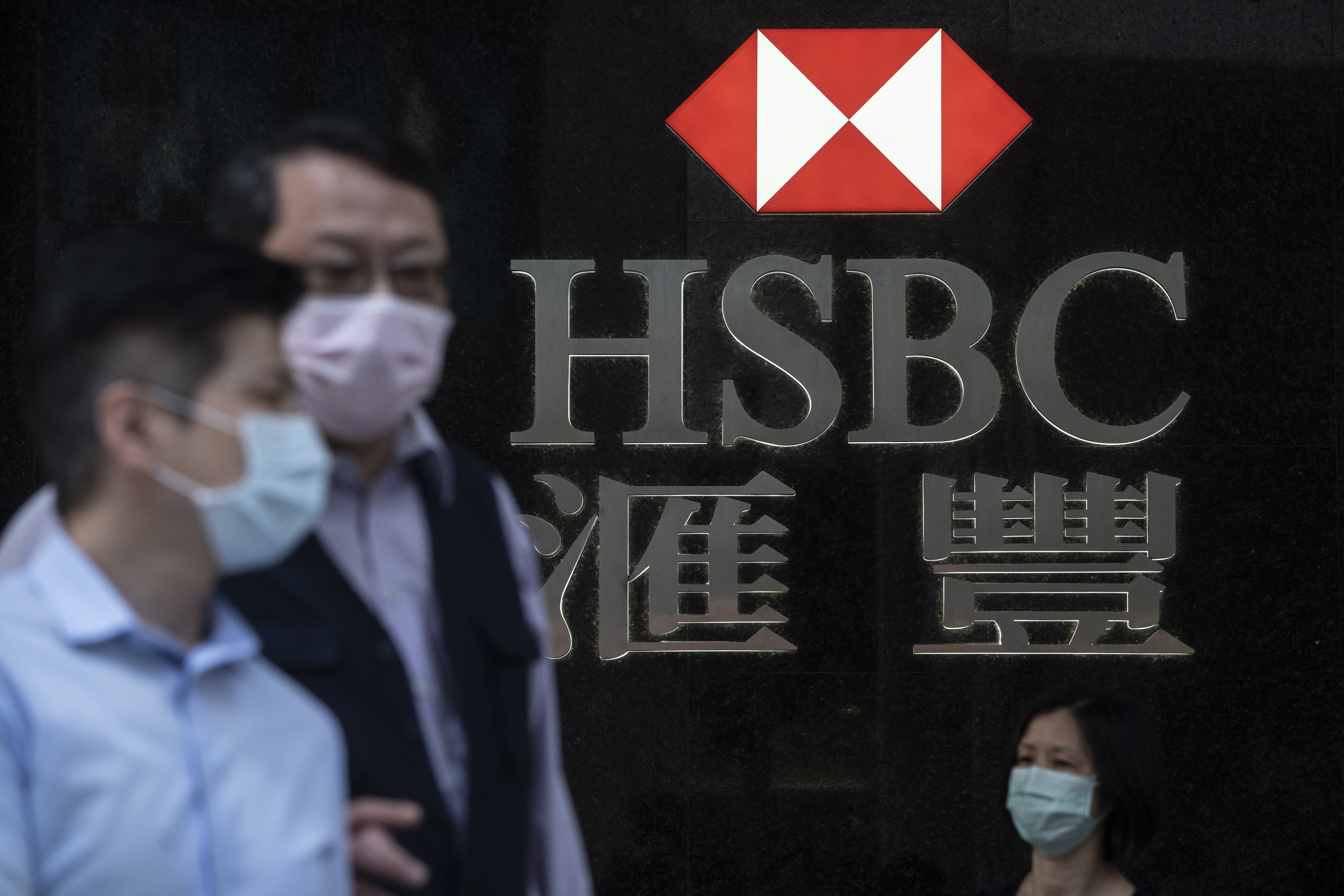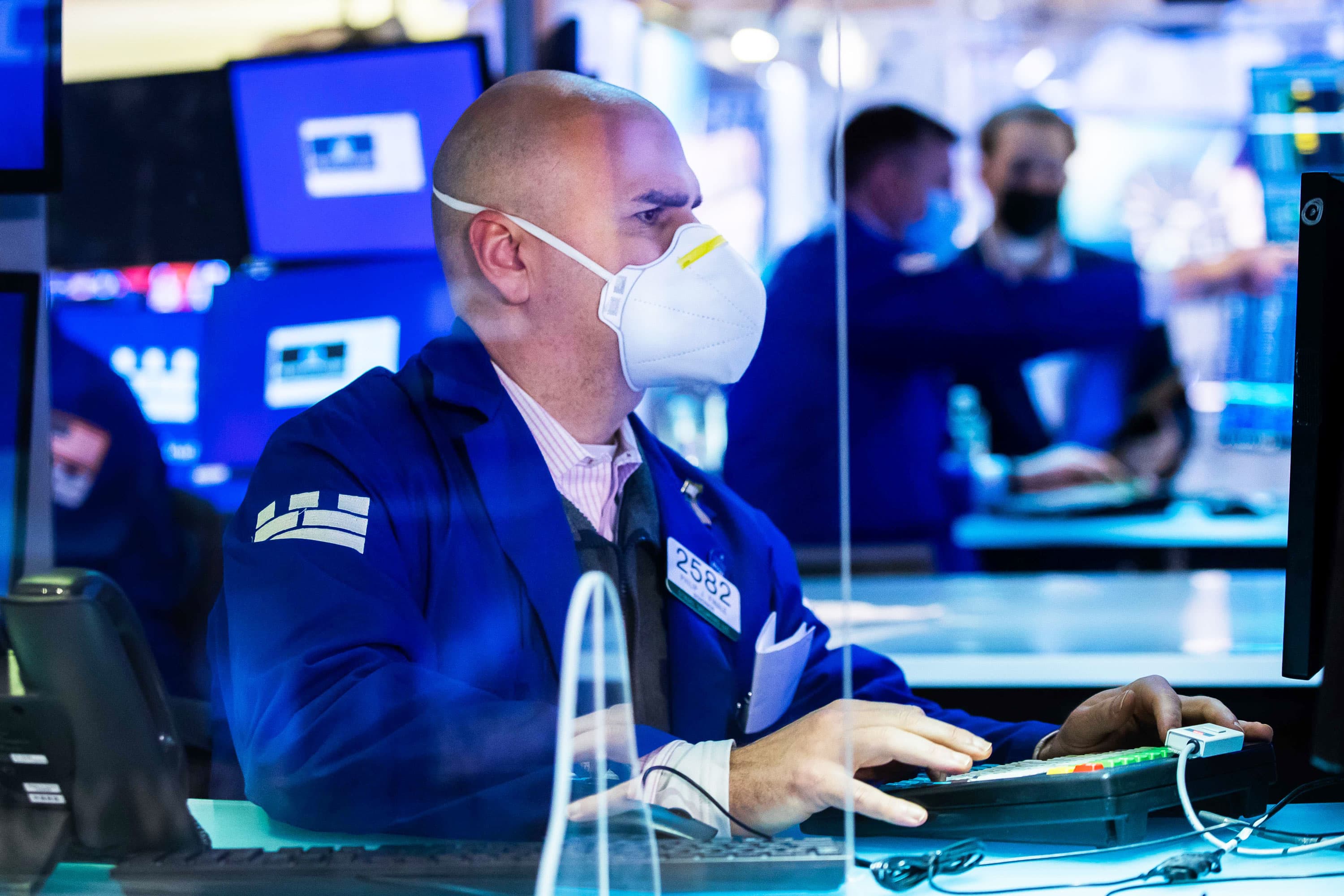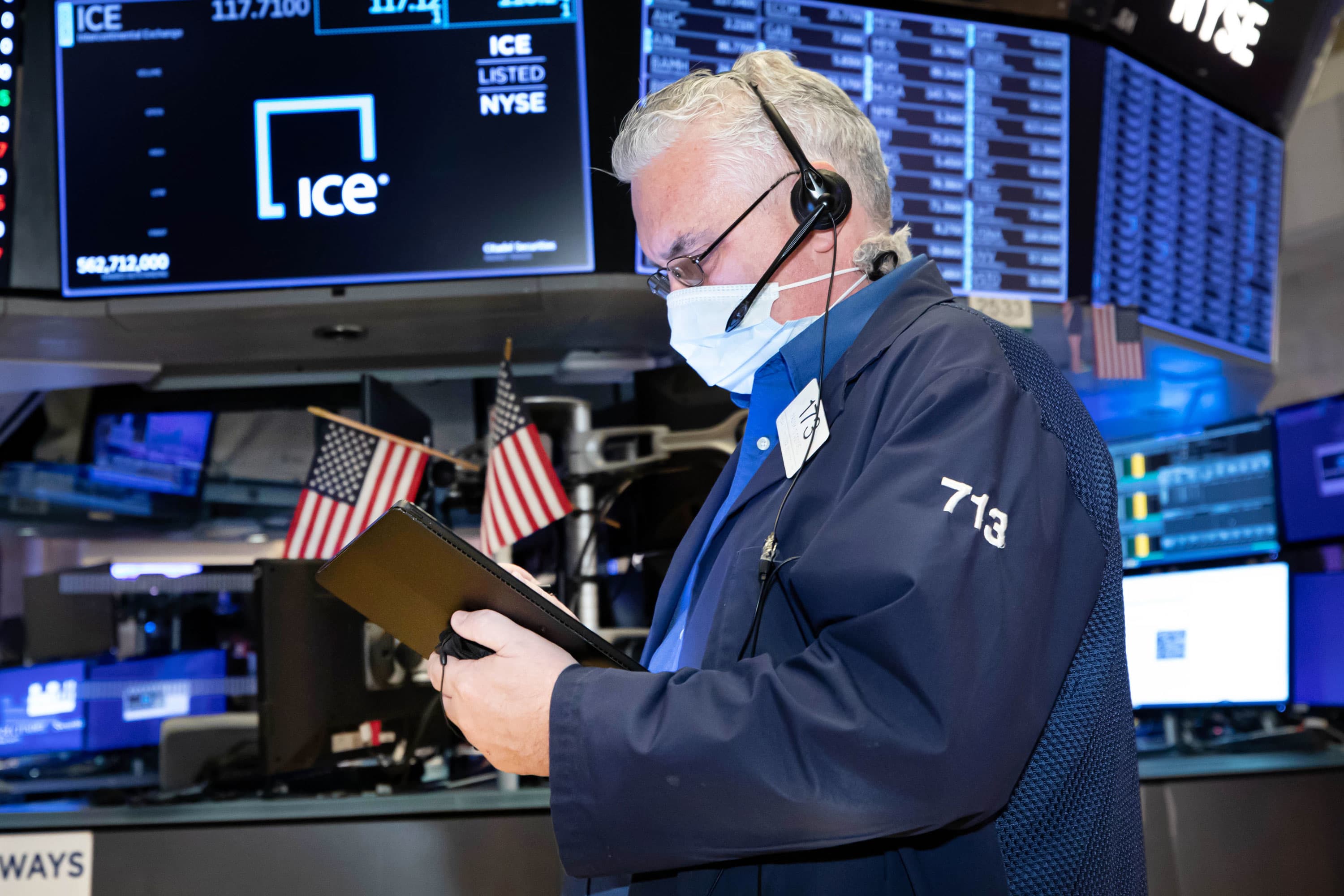Nothing comes for free: What China hopes to gain in return for helping Russia
Analysts are questioning what price China could extract from Russia in return for supporting it during its time of vulnerability.
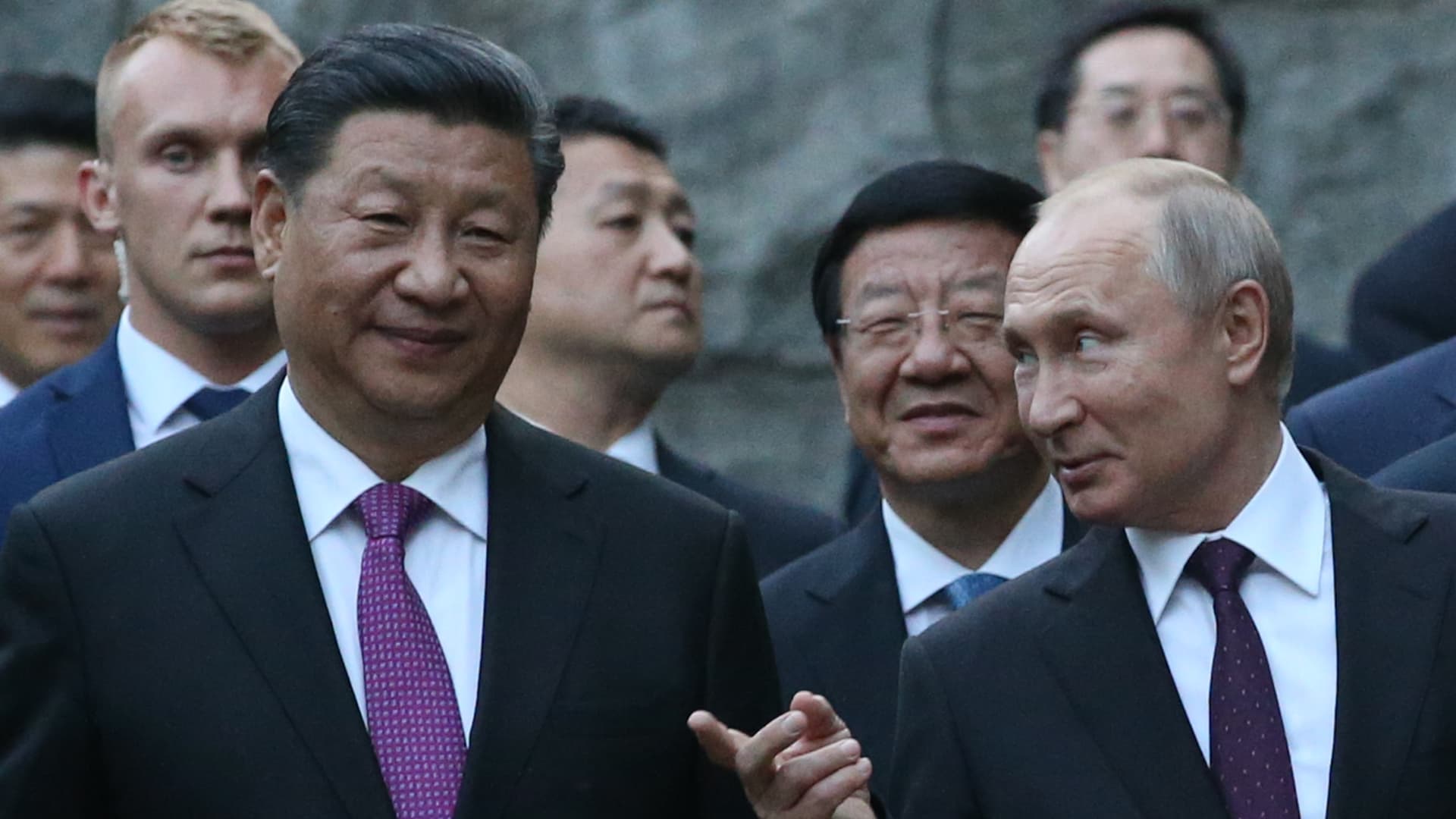
Russian President Vladimir Putin with Chinese President Xi Jinping while visiting the Moscow Zoo in Russia on June 5, 2019. Xi is now on a three-day state visit to Russia.
Mikhail Svetlov | Getty Images News | Getty Images
One of the big questions to emerge from the visit by China's president, Xi Jinping, to Moscow this week is the degree to which it could help a geopolitically isolated Russia both on the battlefield, and off it — and what price it could extract for doing so.
It's no secret that Russia would like China to help it out while it flounders in an economic and military quagmire brought about by its invasion of Ukraine a year ago. International sanctions have restricted or cut off Moscow's access to numerous Western markets, while the ongoing war in Ukraine shows all the signs of turning into a bloody stalemate that could, if it loses, cause seismic political change in Moscow.
Against that backdrop, the current meeting between Xi and President Vladimir Putin in Moscow, into its second day on Tuesday, will see the leaders discuss the war in Ukraine and China's peace plan, the Russian leader said as he welcomed his Chinese counterpart Monday.
Unofficially, however, analysts say the presidents are also likely to discuss ways for China to help Russia without it risking being hit with Western sanctions itself.
Russia reportedly asked Beijing for military and economic assistance early on in its invasion to help it wage its war against Ukraine, although both governments publicly denied it. The eye of suspicion is still being cast on Beijing, despite its continuing denials that it could help Moscow with lethal weapons.
For many close watchers of Russia and China's deepening relationship over the past decade, the big question then is this: What could China want in return for helping Moscow?
What does China want?
When geopolitical analysts discuss China, one aspect of Beijing's foreign policy is agreed on fully: China never acts purely out of altruism and there is always a price (or perceived prize for Beijing) for its support or intervention.
On Tuesday, Xi and Putin are expected to issue a joint statement as well as to sign, potentially, other deals relating to energy with analysts saying Beijing could well be looking to access Russian commodities and resources at a discount.
"Putin is weak, coming into these negotiations from real vulnerability," Timothy Ash, emerging markets strategist at BlueBay Asset Management, said in emailed comments Monday, adding that he wondered "what price Xi will extract for saving Putin ... he has to get something out of it."
"Xi knows Putin is desperate, and increasingly dependent on China. If Putin is willing to offer China cut price long term commodity deals, all the better. China will take whatever it can from a weakened Putin."
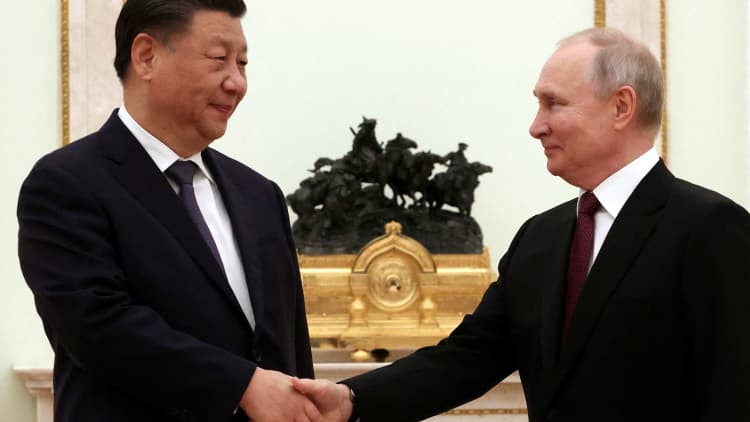
China could also look to Russia for support were it to enter an armed conflict with Taiwan, an island off the coast of China whose sovereignty it does not recognize.
Analysts were quick to say China was likely to watch Russia's invasion of Ukraine to see how it proceeded, and how the world reacted, and to factor that into its own calculations over whether it might launch a form of armed aggression against Taiwan.
"One day, if we face a crisis over the Taiwan Strait, I guess it [China] would also need different kinds of support from Russia if such a conflict takes place, so that's one thing [we could see]," Alicja Bachulska, policy fellow at the European Council on Foreign Relations, told CNBC.
"But the other thing in the short term perspective is that it will probably mean an even more asymmetric economic relationships between Russia and China, and this is something that has been happening for many years now, with Russia becoming a very cheap source of energy to China," she added.
China was diversifying its energy sources and turning to Russia, Bachulska noted, as well as looking to its neighbor for raw materials. She noted that there were some dynamics in the relationship in which Russia still had the edge, noting that, "in the military industry ... Russia still has an upper hand in, for example, jet technologies like those for fighter jets, or in nuclear technologies."
"But still, in overall bigger picture terms, China has an upper hand economically and if China supports Russia in a more substantial way this will continue even more," she added. CNBC contacted China's Foreign Ministry for a response to the comments and is yet to receive a reply.
China wants weaker West, but is wary
While China is undoubtedly the senior partner in the relationship between Beijing and Moscow, the two nations have much in common and are aligned on an ideological level; both nations have long had an adversarial relationship with the West and disdain for an expansionist NATO, and both share a desire to see a "multi-polar world" in which the U.S.' dominance is challenged and, ideally, diminished.
Still, China has got to walk a tightrope of standing by its strategic partners and aims while not alienating the West and potentially losing access its markets that are crucial for its exports and growth.
Beijing also has to worry about the message it would send to its allies and partners outside of Russia, if it went too far in supporting a warmongering Kremlin.
Ash noted that China would proceed with caution with Russia, knowing that it could, if not careful, provoke fear and concerns among other nations in what's known as the "Global South," a term used to describe a grouping of countries along socio-economic lines and, in this case, used to identify countries in the regions of Latin America, Africa, Asia and Oceania.
"Xi faces a choice of doubling down to back Putin and arm him to sustain the war in Ukraine or push some peace efforts. The first would just lose the Global South, so I still think China wants to give Putin an off ramp," Ash noted.

 Kass
Kass 







